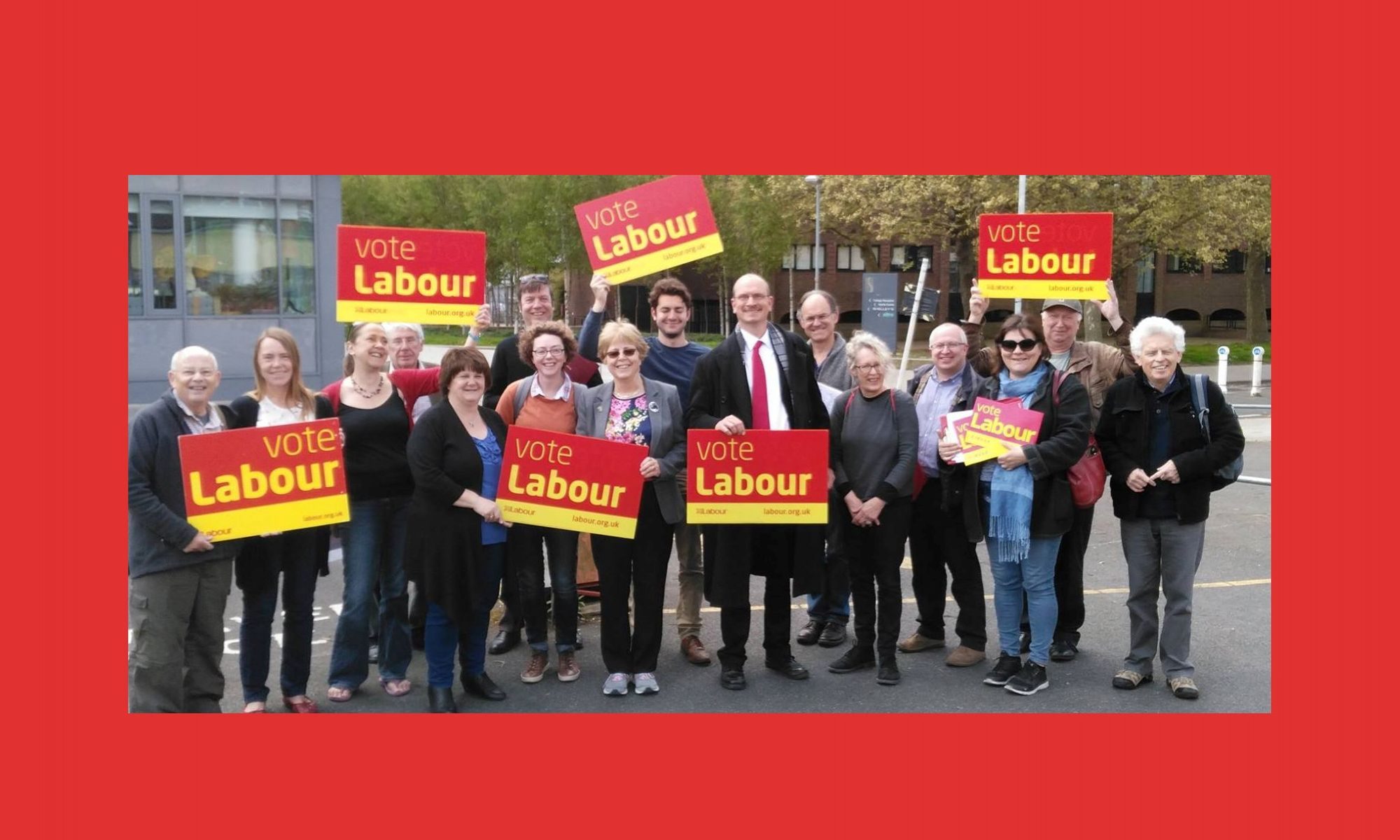Occasionally Parliament takes a significant decision without making headline news. On Tuesday the House of Commons forced the Government to support a cross-Party amendment to the Sanctions and Anti-Money Laundering Bill which will help to close down money-laundering in British Overseas Territories.
The amendment was proposed by MPs from all Parties, although I believe the strongest arguments came from Labour MPs, particularly Annaliese Dodds, the MP for Oxford East, who is proving again and again that Labour does know what it is talking about when it comes to money.
The amendment instructs the Foreign Secretary to use a “draft Order in Council” where necessary to compel British Overseas Territories, such as the Cayman Islands and the British Virgin Islands, to establish a public register of companies. A register will make it possible to identify some of the fake companies that abound in these places. This may not sound particularly significant, but I believe it marks the beginning of the end for British territories being the go-to places for criminals to hide their ill-gotten gains.
Much of the debate focused on just how ill-gotten some of those gains are. The Government had to take this Bill seriously in response to the vast sums of illegal Russian money which have helped fuel the violence perpetrated, almost certainly by the Russian Government, on British soil. The MP for Salisbury was one of the strongest supporters of the amendment. But we are not just talking about money stolen from the Russian people by Russian oligarchs. Money from international drug dealers, illegal gambling rings, corrupt rulers and even people-trafficking, prostitution and slavery has been flowing through fake companies in the Cayman Islands and other places, and ending as supposedly legitimate finance.
By turning their illegal wealth into legitimate finance, these criminals not only get to keep the proceeds of their crimes, they can then invest in legitimate organisations and influence the way they operate. Decisions about whether to invest in renewable energy rather than oil, or whether to sell armaments to violent dictators, are being taken under the influence of those who benefit from destroying peace and the environment.
A number of Conservative MPs spoke against the amendment. They did not speak up for international criminals, obviously. Their argument was that these territories are self-governing, and the UK should not force them to act against their will. But the money involved is international, the consequences are international, and the Territories have had plenty of opportunity – and indeed still have until 31st December 2020 – to do the right thing. Only if they still refuse to act will the UK Government step in.
By using Orders in Council to change financial regulations in Overseas Territories, the UK Government is at last making it clear that it will not shield corrupt financial practices in other parts of the world which fall under its jurisdiction. I do not believe any MPs consciously benefit from illegal finance. But there are a number – mostly Conservatives – who do benefit from companies in British Overseas Territories, and in the Isle of Man and the Channel Islands, which make money out of helping people to avoid paying tax. A Labour Government will cut down not only on illegal tax evasion, but also on complicated loopholes to avoid paying taxes. Much of that tax avoidance uses companies and trusts registered in Overseas Territories, and if we can use an Order in Council to force those territories to publish company lists, then we can use it to force them to change their tax laws too.
I intervened in the debate, calling on the Government to extend the same regulations on companies to the Isle of Man and the Channel Islands. A Labour amendment to do precisely that was unfortunately not sufficiently supported by other parties to succeed. I pointed out that British people regard these “dependencies” as completely British, and cannot understand why they should have different tax regulations and company law.
We need taxes to pay for education and the health service and the police and the armed forces. When we pay them we need to know that others – and especially the very very rich – are paying their taxes too. The Bill on Tuesday was a step towards closing down illegal money-laundering, but it was also a small step towards dealing with tax evasion and ultimately tax avoidance too. The sooner the very richest pay a fair level of tax, the sooner we can start to build a better Britain.
